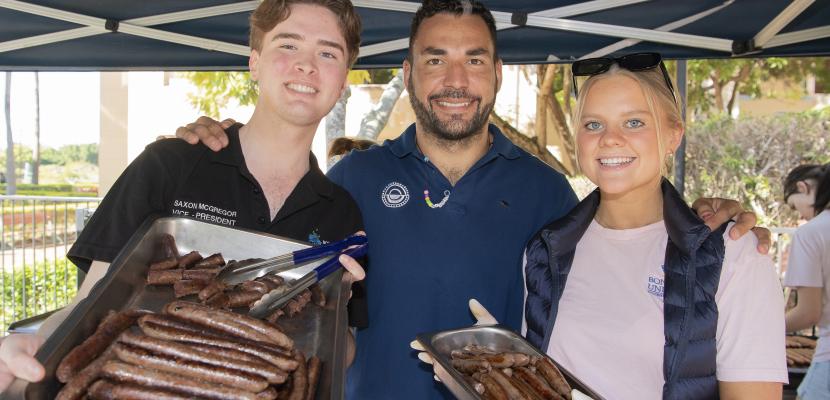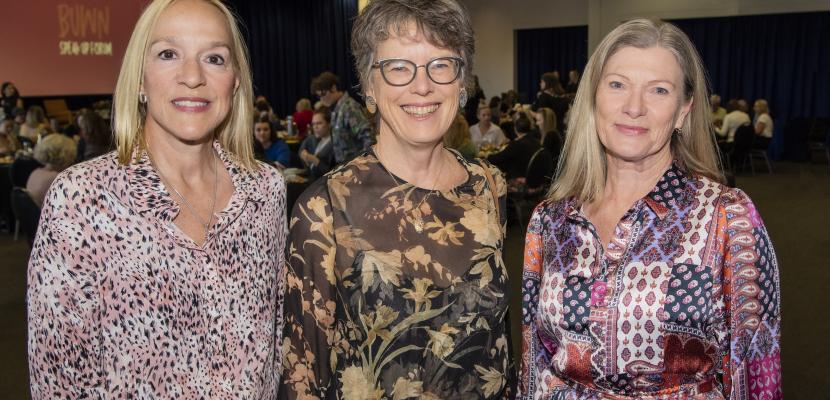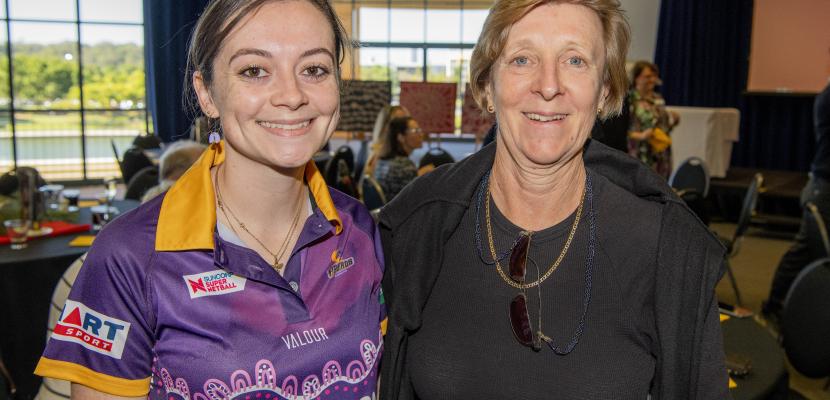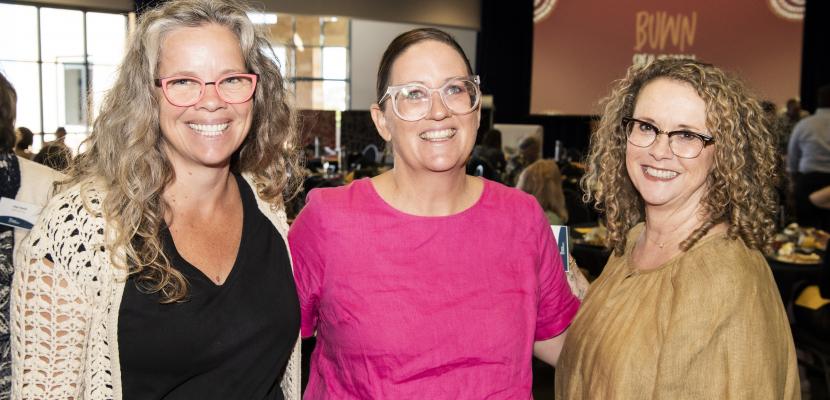
Mary Graham and Ruth Hegarty are big believers in the power of education.
And that’s certainly what they gave an enthralled audience at the Bond University Women’s Network annual NAIDOC Week event.
Oops, something went wrong.
Aunty Ruth, a Gunggari woman and award-winning writer and activist, held the room spellbound with her tales of growing up in the dormitory on Cherbourg Mission and later leading the fight for the return of wages stolen from Indigenous people.
In the no-nonsense fashion for which she has become renowned, Aunty Ruth had one important rule when asked to lead the marches demanding the return of stolen wages.
“I said I would do it on the condition that nobody swore,” she said.
“I told them that we could do it without all that filth.”

And so they did. She’s now a patron of the Queensland Aboriginal and Torres Strait Islander Foundation which has supported around 17,000 First Nations’ students through Year 11 and 12 with the proceeds of wages stolen from their ancestors.
Aunty Ruth said ensuring her own eight children received a proper education drove her to leave the mission.
“My husband didn’t want to leave the mission, but I told him it was the only way we could make sure our children all got an education,” she said.
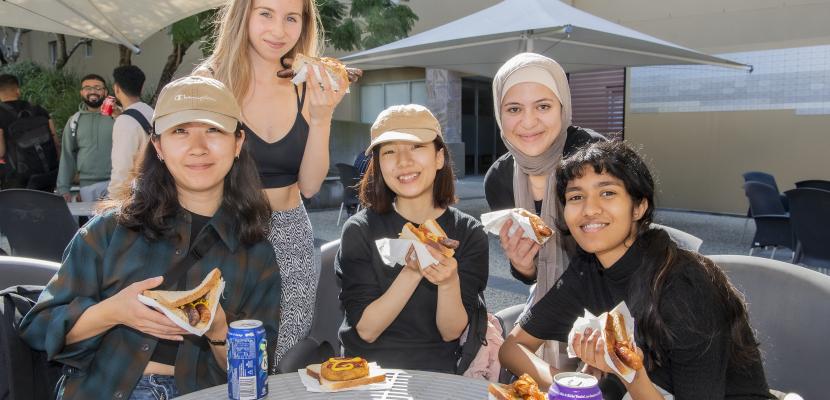
“He was afraid … he thought the government was going to come and take us back to the mission. He was very afraid of that. But I wasn’t.”
At 94, Aunty Ruth now has 159 grandchildren and she reckons the apple doesn’t fall far from the tree.
“They’re all very much like me – not in looks, but in nature.
“And they are all educated. That’s one of the greatest things in my life, to have kids who know what it’s like to be educated.”
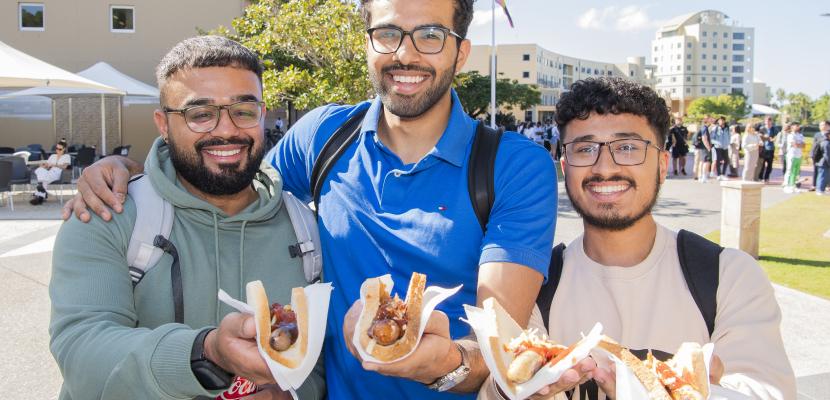
Kombumerri and WakkaWakka woman Aunty Mary said her own education started around the kitchen table with her father and seven brothers, talking about politics.
Her father’s love of reading, his admiration for activists such as Abdul Nasser and his stance against colonialism helped shaped Aunty Mary’s own cultural, social and political education.
Today she is a celebrated scholar of Aboriginal history, politics and comparative philosophy.
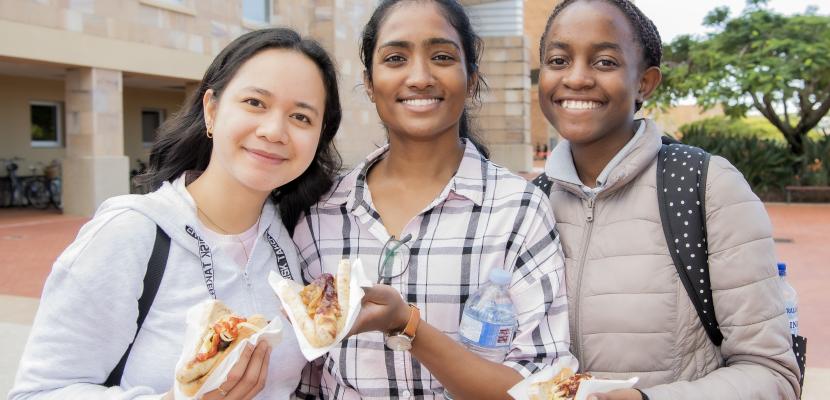
“My father always had one shelf with some books,” she said.
“We were already learning language and cultural stories, the knowledge that is passed down, and we always had that shelf of books as well. My father loved to read biographies of people like Oodgeroo the poet.
“That was probably my first (educational) experience – sitting around the table arguing about politics. And I’m still learning about things that are going on in the world today.”
The conversation, led by Provost and Mandandanji woman Professor Keitha Dunstan, rounded off a series of events to mark NAIDOC Week at Bond University.
